Stacey Dooley discovers the seamier side of some young Brits’ favourite party destinations.



Stacey Dooley discovers the seamier side of some young Brits’ favourite party destinations.

Toxic Beauty is a documentary feature film with exclusive access to scientists, lawyers, advocates, regulators, politicians, a dynamic whistle blower, survivors and women who have lost their lives. It follows the class action lawsuit against J&J and the plaintiffs, personal stories of women fighting for justice in a race against time with this deadly disease. Woven throughout the film is a human experiment. We document, as Boston University medical student, Mymy Nguyen, measures her chemical body burden from over 27 products. Scientists monitor her shocking results.In the end, the film meets the companies and people who offer solutions and optimism for safer, toxicant free cosmetics.
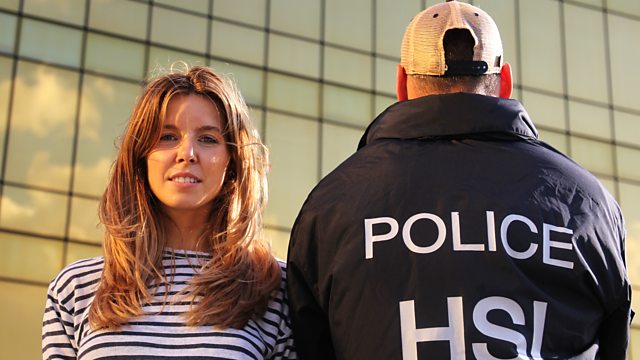
Documentary in which Stacey Dooley visits the Philippines to investigate Filipino mothers who sexually abuse children, often their own, live in front of webcams.
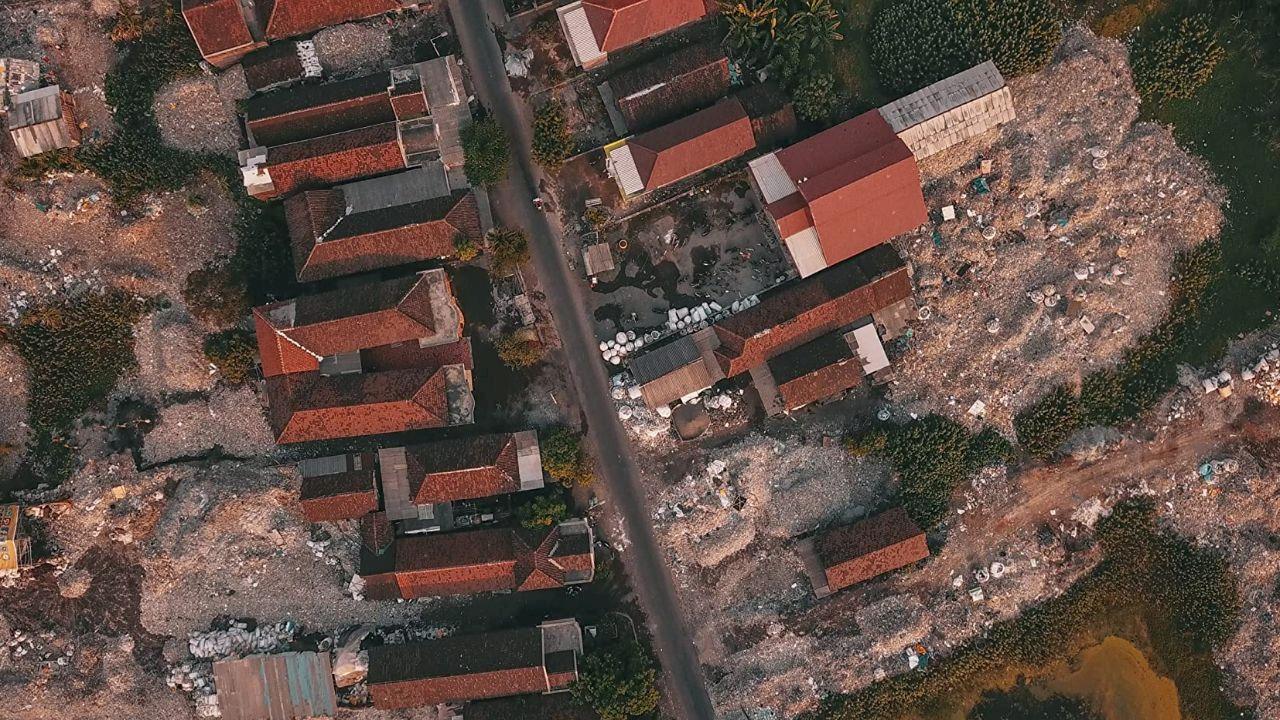
A detailed look into the environmental damage and human rights abuses that occur throughout the lifecycle of plastic.
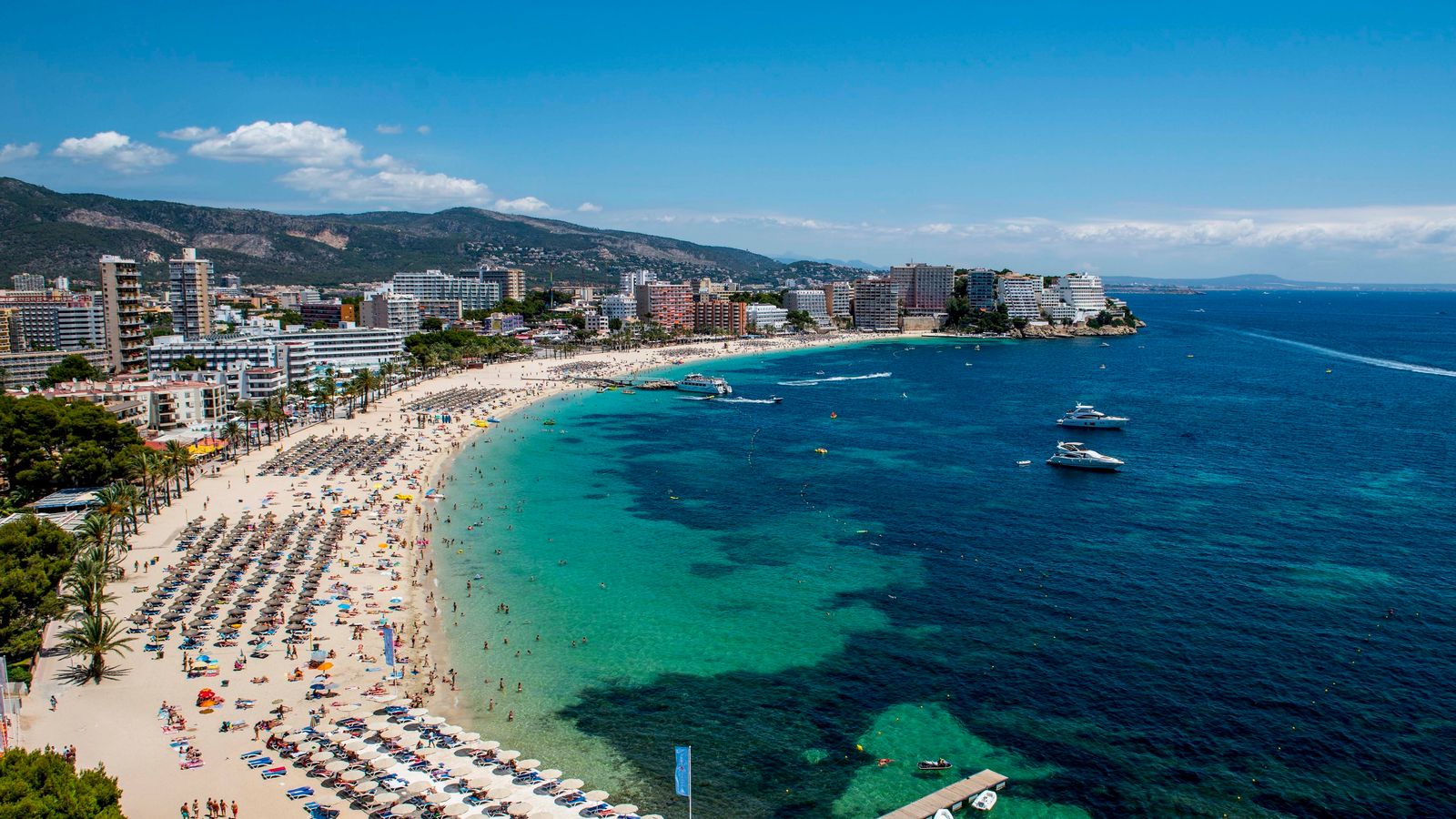
Stacey Dooley finds out what life is like for the thousands of Spanish workers who serve, police and clear up after British tourists staying in Magaluf.

The film explores the investigation and harassment of Martin Luther King Jr. by J. Edgar Hoover and the Federal Bureau of Investigation, through newly declassified documents.

The Bit Player is a 2019 documentary film created to celebrate the 2016 centenary of the birth of Claude Shannon, the “father of information theory”.
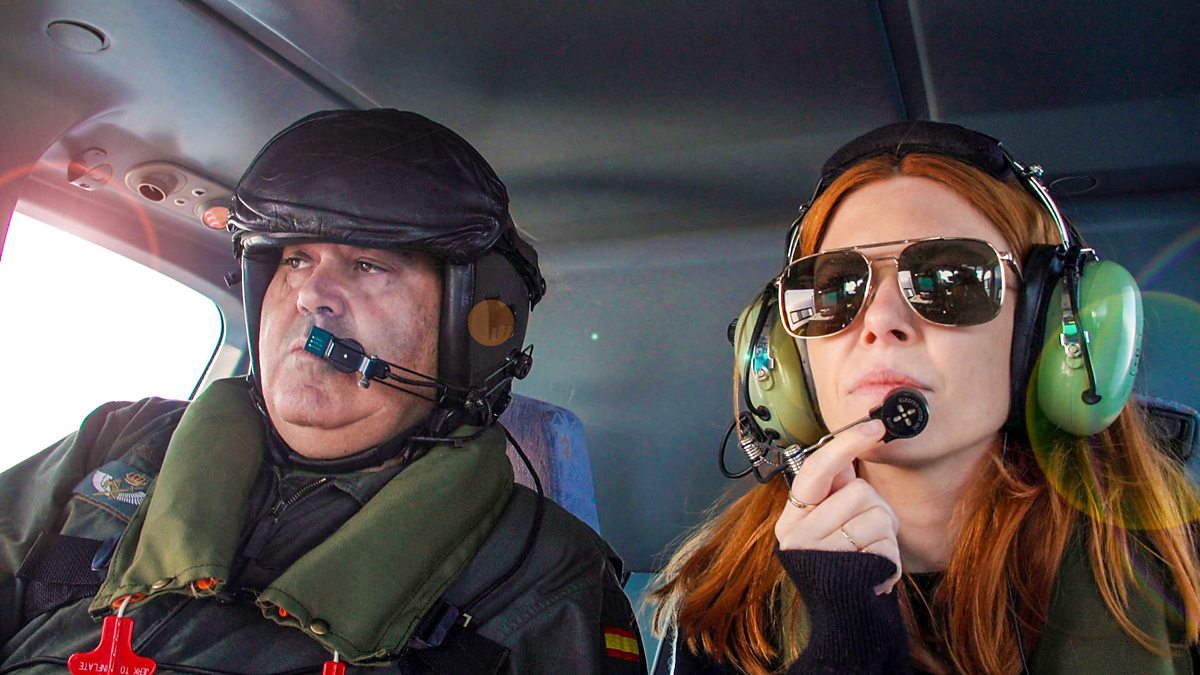
Stacey Dooley gains unique access to police, dealers and smugglers in southern Spain, the main gateway for drugs into Europe.
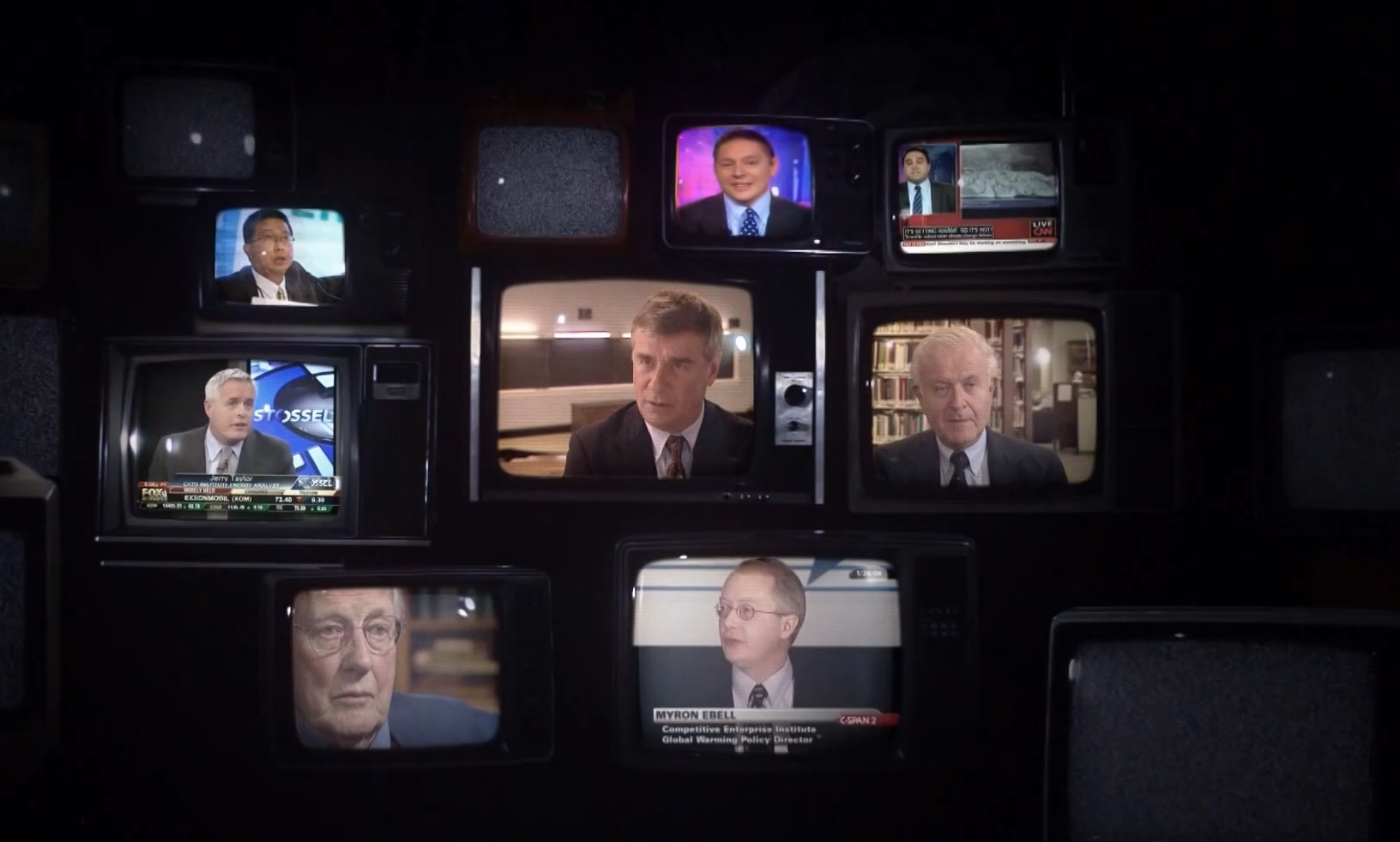
The shocking exposure of a multi-million-dollar, 30-year denial campaign that has undermined science and cast doubt on the dangers of climate change.

The story of how Israeli-made spyware Pegasus works, the hacking of journalists’ phones and its ominous consequences.
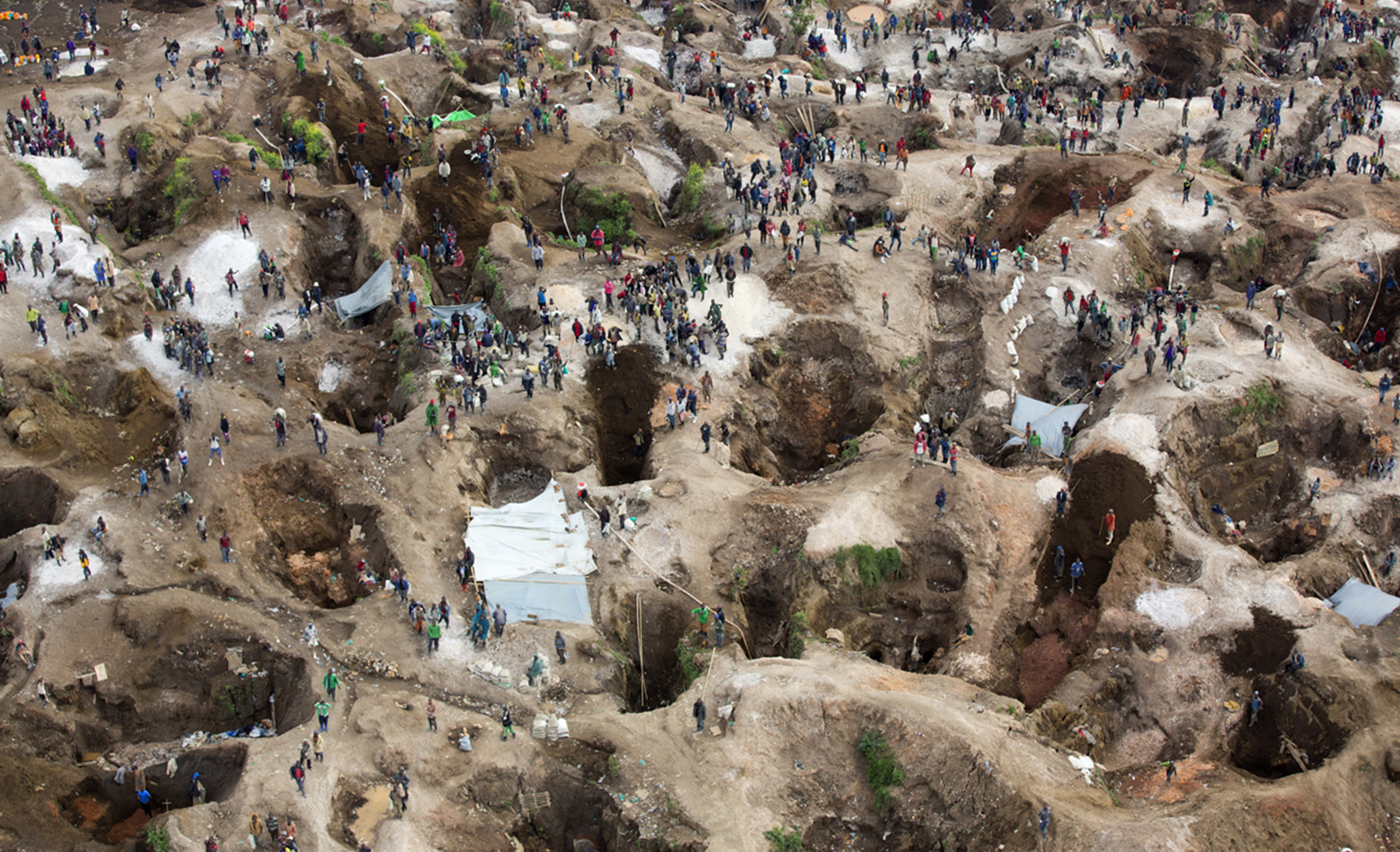
Is the West’s growing appetite for cobalt, a metal vital for electric cars, causing birth defects in the Democratic Republic of Congo?
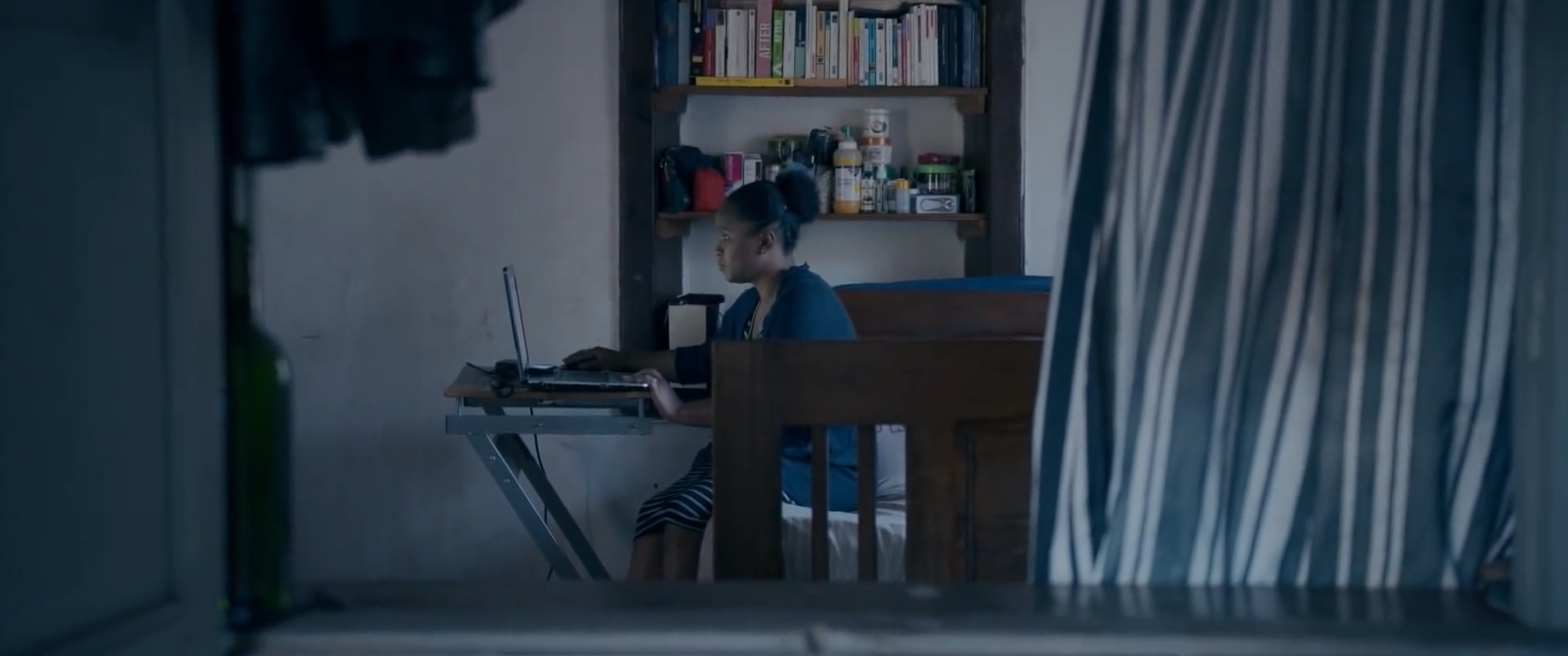
Services from Amazon, Uber and Airbnb are available at the touch of a screen. Yet who are the workers who fulfill our wishes when we click? How much do they earn? Do their jobs have benefits? This documentary delves into the world of workers behind the apps.